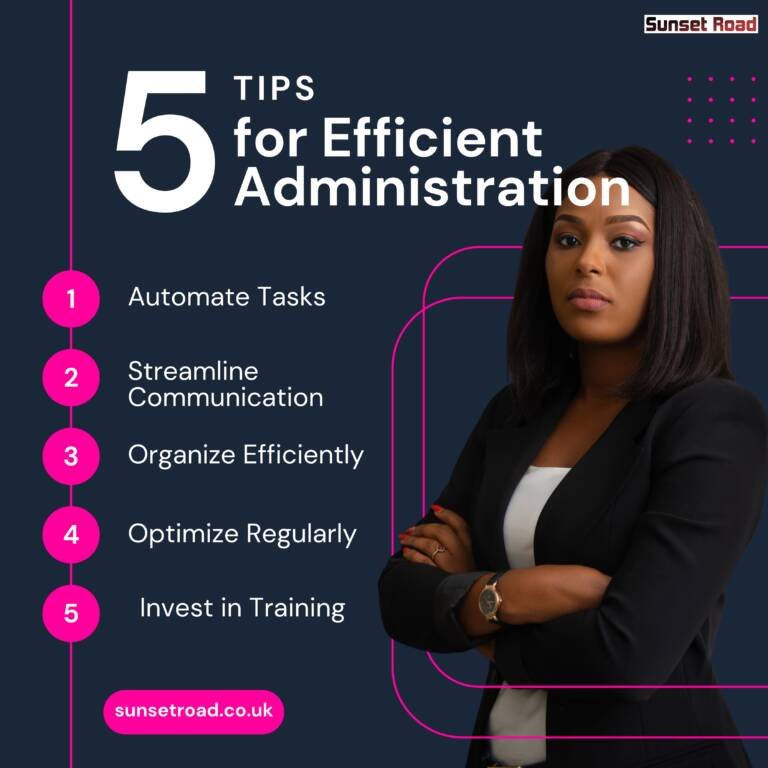Why Every UK Business Needs a Mobile App in 2024

In the fast-evolving digital landscape of 2024, businesses must adapt to the growing needs of their customers. One essential tool that has become indispensable is the mobile app. From small startups to large corporations, businesses are increasingly recognizing the necessity of having a mobile presence to thrive in today’s market. A mobile app not only enhances the customer experience but also offers numerous operational advantages, helping businesses stay competitive. This blog delves into why every UK business needs a mobile app in 2024, offering insights and examples to highlight its growing importance.
The Growth of Mobile Usage in the UK
The UK has seen a dramatic shift in how consumers engage with businesses. With smartphone penetration exceeding 90% of the population, mobile devices are the preferred way for people to access services, shop online, and interact with brands. Recent studies indicate that UK consumers spend an average of five hours per day on their phones, primarily on mobile applications. This staggering usage underlines why businesses should prioritize creating mobile apps as part of their digital strategy.
For instance, ASOS, a major UK-based online fashion retailer, has experienced substantial growth through its mobile app. By offering a user-friendly interface and personalized shopping experience, ASOS has significantly increased customer engagement and sales. The app accounts for nearly 80% of their traffic, highlighting how crucial it is for UK businesses to tap into the mobile-first approach.
Enhanced Customer Experience
A key reason why UK businesses need a mobile app in 2024 is the ability to enhance the customer experience. Mobile apps provide a seamless and personalized interface that allows businesses to communicate more directly with their audience. Unlike mobile websites, apps offer offline functionality, faster load times, and personalized notifications that can keep customers engaged.
Take the example of Greggs, the UK bakery chain. By launching their mobile app, they’ve managed to offer features like a reward system, click-and-collect, and order tracking, all of which streamline the customer experience. As a result, Greggs has witnessed a significant increase in customer loyalty, proving that a well-designed mobile app can directly contribute to higher satisfaction and repeat business.
Employee Well-being: A Priority During Crises
Crisis situations can take a toll on employee well-being, both physically and mentally. HR’s role in supporting employee well-being during crises is multifaceted, involving the provision of resources, access to mental health services, and the creation of a supportive work environment.
Example: During the height of the COVID-19 pandemic, many companies expanded their employee assistance programs (EAPs) to include telehealth services, mental health counseling, and wellness programs. HR departments played a key role in promoting these resources and encouraging employees to take advantage of them.In addition to providing resources, HR should advocate for flexible work arrangements that accommodate the varying needs of employees during a crisis. This might include flexible hours, remote work options, or additional time off to manage personal challenges.
Driving Sales and Revenue Growth
A mobile app can also serve as a powerful tool to drive sales and revenue growth. By offering a direct channel to consumers, businesses can promote their products or services through push notifications, limited-time offers, and app-exclusive deals. This instant access can lead to higher conversion rates and ultimately boost the bottom line.
For example, Domino’s Pizza UK has successfully capitalized on its mobile app to increase sales. With features like one-click ordering, real-time order tracking, and personalized deals, the company has significantly grown its mobile customer base. Domino’s now reports that over 70% of their orders in the UK come through mobile devices, proving how an app can become a primary revenue stream.
Improved Brand Recognition and Customer Loyalty
Building brand recognition is crucial for any business, and having a mobile app can greatly enhance a brand’s visibility. An app that is consistently used by customers creates more touchpoints, which helps reinforce brand identity. Furthermore, offering exclusive features or loyalty programs through the app can lead to better customer retention.
Starbucks UK is a prime example of a brand that has used its mobile app to foster loyalty. The Starbucks Rewards program, integrated within the app, allows customers to earn points for every purchase, which they can redeem for free products. This has not only encouraged repeat purchases but also made the app a vital part of their customer retention strategy.
Competitive Advantage in a Crowded Market
With the UK market becoming increasingly competitive, businesses need every edge they can get. A mobile app can differentiate a company from its competitors by offering convenience and innovative features. Businesses that fail to adopt mobile solutions risk being outpaced by competitors who provide a more engaging and modern customer experience.
In the retail sector, companies like John Lewis have stayed ahead of the curve by continually improving their mobile app. By offering in-app exclusive deals, real-time inventory tracking, and augmented reality (AR) features that allow customers to visualize products in their homes, John Lewis has positioned itself as an industry leader. For smaller businesses, following this trend can help level the playing field.
Access to Valuable Customer Data
One of the most significant advantages of having a mobile app is the ability to collect and analyze customer data. Apps provide businesses with invaluable insights into user behavior, preferences, and buying habits. This data can then be used to make informed decisions about marketing strategies, product offerings, and customer service improvements.
Take the example of Boots UK, a leading pharmacy chain. Their app collects user data on preferences, health-related needs, and shopping habits, allowing the company to tailor promotions and offers. This data-driven approach has not only improved customer satisfaction but has also resulted in higher sales conversions.
Optimizing Business Operations
Mobile apps are not just tools for engaging customers—they can also help streamline internal business operations. For service-based industries, apps can assist in managing bookings, inventory, and customer support, which can save time and reduce operational costs.
For instance, the UK cleaning service provider, Handy, uses its mobile app to manage client bookings, scheduling, and payments. This automation reduces the need for human intervention and eliminates many time-consuming administrative tasks, ultimately resulting in a more efficient business model.
Supporting Remote Work and Flexibility
The rise of remote work has reshaped how businesses operate, and mobile apps can be instrumental in supporting this transition. Apps that allow employees to communicate, access business tools, and collaborate from anywhere are essential for maintaining productivity and ensuring smooth operations in a hybrid work environment.
Companies like Slack and Zoom have become critical for UK businesses by offering mobile applications that facilitate real-time collaboration, file sharing, and remote meetings. For businesses with employees who travel or work remotely, having an app that provides access to essential tools can be the difference between success and failure in this new work landscape.
The Future of Mobile Commerce (M-Commerce)
As e-commerce continues to evolve, mobile commerce (m-commerce) is rapidly becoming the dominant way people shop. UK businesses need to embrace this trend by offering secure, easy-to-use mobile apps that facilitate transactions. With advancements like mobile payments and biometrics, consumers are more comfortable than ever making purchases through apps.
Amazon UK, one of the pioneers in mobile commerce, continues to set the standard. Their app offers a frictionless shopping experience, from personalized recommendations to one-click purchasing and fast delivery tracking. For UK businesses, integrating m-commerce into their mobile app strategy can unlock new revenue streams and expand their customer base.
Catering to Millennials and Gen Z Consumers
The younger generation of consumers, particularly millennials and Gen Z, prefer interacting with brands via mobile apps. These demographics value convenience, speed, and a personalized experience—all of which are better delivered through a dedicated app compared to other digital platforms.
A great example is the UK-based digital bank, Monzo. With its app-first approach, Monzo has successfully attracted younger users who appreciate its seamless user experience, instant notifications, and financial insights. Businesses that fail to cater to this mobile-savvy audience risk losing relevance as these generations become the dominant purchasing power.
Conclusion
In 2024, having a mobile app is no longer a luxury but a necessity for UK businesses. From improving customer experience and driving sales to supporting remote work and contributing to sustainability efforts, mobile apps offer a wide array of benefits. As consumer expectations continue to evolve, businesses that invest in mobile technology will be better equipped to meet these demands and remain competitive.
Whether you’re a small local business or a large corporation, a mobile app can provide the tools you need to engage with your audience, streamline operations, and ultimately drive growth. As we move further into the mobile-first era, now is the time for UK businesses to recognize the power of a well-designed app and make it a core part of their digital strategy.










